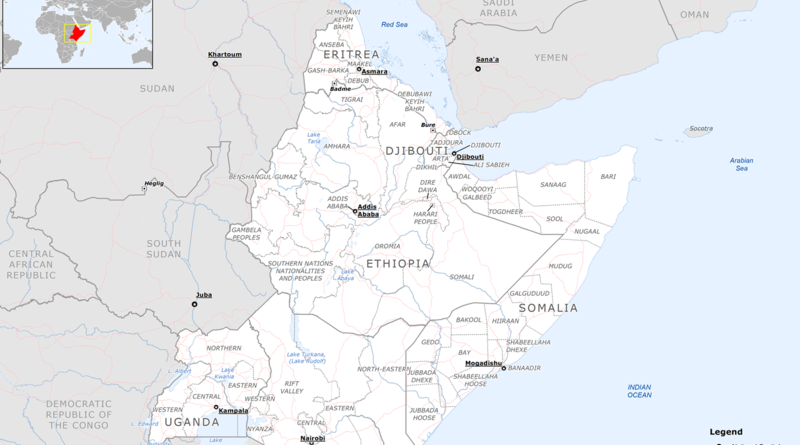Regional Trade Agreements (“RTAs”) and organizations seem to be proliferating in Africa. Some seem to be successful, while others appear to have stagnated after the initial euphoria of following the herd. RTAs that appear to be moving in the right direction include among others the SADC, the ECOWAS, and even the EAC, although each of the blocs seems to have their own inherent problems, which constitute blockages to their naturally smooth developments.
The Maghreb TRA in North Africa or the Central Africa TRA appears to have stagnated and members, thereof, seek memberships in other non-regional parties, sometimes far off from their natural regions. The DR Congo instead of leading the Central Africa regional bloc has moved to join the EAC and the SADC, not knowing or unable to choose which one is more beneficial for it, for instance.
The Horn of Africa States (“HAS”) has not even moved one inch in the direction of creating a regional trading bloc and each of the member states appears to be stuck in its melodramatic nation-state infrastructure, despite the world and Africa moving into trading blocs that support each other and develop together. No wonder, the region is far behind others in the development scale, including common road and rail infrastructures, ports, food security, and indeed, general security. The region remains marred by civil conflicts and ethnic-based strives that have not helped the capacity and ability of the member countries to attract foreign investments to the region and, indeed, develop its natural resources.
Following incoherent foreign policies and disarray in their domestic policies, the region has become a target for foreign-inspired terror organizations, mercenaries, and even malevolent regional powers and so-called international NGOs, that exploit the natural resources of the region illegally and in some cases through corrupting the authorities and governments of the countries of the region.
The first two decades of the twenty-first century that have passed have seen a dismal performance of the region. The third decade which is now running in its third year does not appear to be showing any improvements in the seemingly hopeless performance of the region. It was a big surprise to see Ethiopia, the largest country in the region, making it to the BRICS invitation list despite its dismal failure in organizing a trading bloc in the region, which has key resources that it needs such as access to the sea. Its invitation should perhaps inspire it to help create the HAS trade bloc to enable it to have some clout in the new organization which has been magnanimous to it.
Creating a trading bloc is not an easy process, for it requires a substantial and determined political motivation and setup, where the parties willing to enter such an arrangement see benefits, each for its country and grouping. The Horn of Africa’s history over the past sixty years does not make it easy either. There were, indeed, many intra-state conflicts and disputes over borders and territorial claims, and the region’s populations despite having the same ethnic background, have been mobilized against each other by pseudo-politicians of the past, who appear to have been serving the agendas of non-regional parties. It is hoped that the present leaders will not repeat what the past leaders have done.
Entering a regional bloc and trade arrangement with other countries is not only abiding by a set of rules but also more of a cooperative infrastructure if it must succeed well. The HAS leaders, therefore, need to meet more regularly to be able to navigate well the uncharted waters of creating a HAS regional trade arrangement. A regional setup is not enforceable, if the constituent parties are not willing to work together. It is what has failed the Maghreb regional bloc of North Africa or the Economic Community of Central Africa States (ECCAS). It is hoped that the HAS region will be a more successful regional bloc, but only if the member states of the region are willing to work together and create a better environment for its growing youthful population instead of making it a fireplace that feeds on its youth.
After creating a friendly and workable environment among the leaders, they can then think of the other processes of liberalizing the economy, allowing for the free movement of goods and services and even people among the member countries and other protocols. The region is certainly far behind other regional blocs such as those of the Eastern and Southern parts of the African continent and needs to catch up with them, at least. The nation-state format is no longer a safe proposition and countries need to band together in the survival of the fittest in the harsh world of today with its climatic problems, shortages of food, and continuing wars.

